Italy draws millions each year with its food, ruins, and postcard-perfect views, but loving the country doesn’t always mean acting like you belong there. Locals across Rome, Florence, Venice, and beyond have grown tired of a few recurring habits that tourists bring with them. We’ve rounded up things visitors often do that make Italians cringe.
Snacking While Strolling Through Landmarks

Walking around with pizza or gelato in hand might feel cinematic, but it’s frowned upon in many historic districts. Cities like Rome and Florence have local laws banning eating near major monuments to protect them from spills, litter, and stains. There are even fines for munching on the Spanish Steps.
Wearing Beachwear Off the Beach
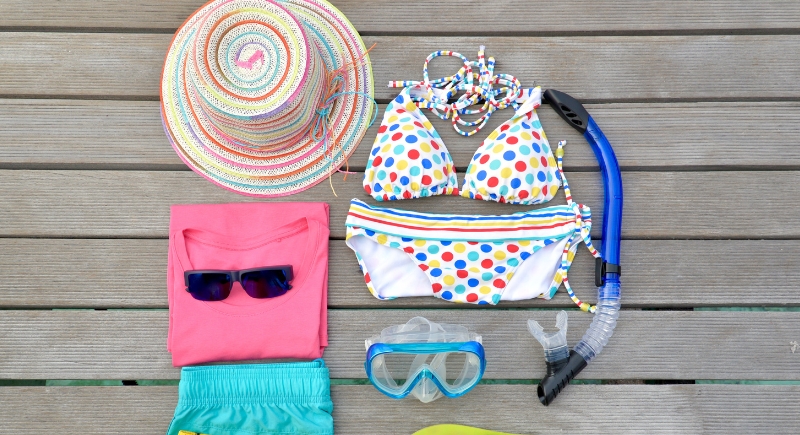
In coastal spots, showing up to town in flip-flops and swimsuits might seem fine, but Italians treat public spaces—even touristy ones—as fashion-forward environments. Churches and even restaurants often expect modest or stylish attire. Tourists wandering city streets shirtless or in bikini tops usually earn disapproving stares.
Misusing “Cappuccino Time”

You might love a frothy coffee any time of day, but in Italy, cappuccino is strictly a morning thing. After about 11 a.m., locals switch to espresso or macchiato, especially following a meal. Sure, they’ll still make it, but don’t be surprised if the barista looks mildly offended.
Sitting on Fountains and Statues
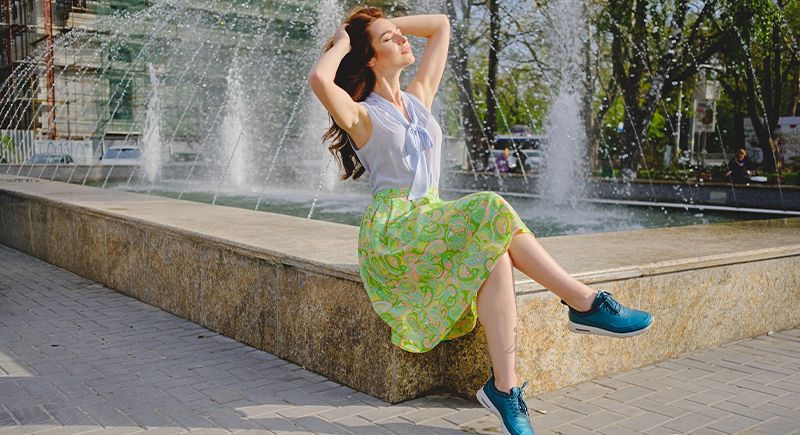
It might seem harmless to perch on a marble ledge or dip tired feet in a fountain, but these behaviors violate Italy’s preservation laws. Tourists get ticketed for sitting on monuments like the Trevi Fountain or the steps of historic churches. Remember that these aren’t props, but protected cultural assets.
Treating Historic Sites Like Selfie Sets

A quick selfie? Fine. But climbing over barriers or blocking foot traffic to get the “perfect shot” is a fast way to irritate both locals and fellow travelers. Some visitors even use selfie sticks inside churches or museums where they’re banned.
Speaking Loudly in Public Spaces

Italians are expressive, sure, but they don’t scream into phones in quiet piazzas or echo through restaurants with booming voices. Tourists often misjudge what’s considered normal conversational volume. Being loud in small alleyways, churches, and trains comes off as inconsiderate.
Expecting Tap Water at Restaurants

In Italy, water usually comes in a bottle—still or sparkling—and it isn’t free. Asking repeatedly for tap water can come across as rude or just uninformed. Some places might serve it, but most will nudge you toward bottled. That’s just how the system works, and locals follow it too.
Ignoring Pedestrian Etiquette in Busy Cities
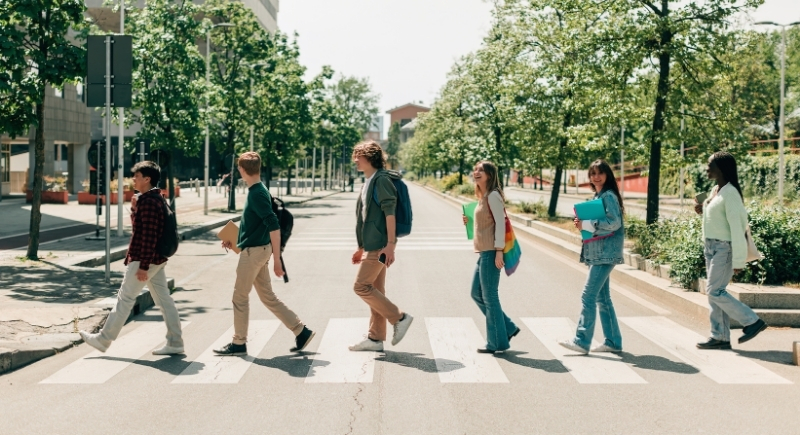
Venice, Florence, and Rome have narrow walkways packed with locals. Stopping mid-sidewalk to check your phone or take a group photo during rush hour is a surefire way to annoy locals trying to live their lives. If you need to pause, step to the side and let the foot traffic flow.
Misunderstanding Meal Times

Showing up at 5 p.m. expecting dinner can confuse restaurant staff. Italians usually eat late, with dinner service starting around 8 p.m. Tourists looking for an early supper often settle for tourist-trap menus. Locals, meanwhile, enjoy aperitivo hour—small drinks and snacks before a real meal.
Over-Tipping at Restaurants

Leaving 15–20% tips, like in the U.S., isn’t common in Italy. Most restaurants include a small service fee, and if not, a couple of euros is more than enough. Tourists often think they’re being generous, but it actually causes confusion and awkwardness. Italians tip less, and that’s perfectly normal.
Feeding the Pigeons

In cities like Venice and Milan, feeding birds is strictly forbidden, and not just because it’s messy. Pigeon droppings damage monuments, clog fountains, and spread disease. Tossing crumbs is even punishable by fines in several regions. Best to admire the birds from a distance.
Using Coins in the Trevi Fountain for “Wishes”
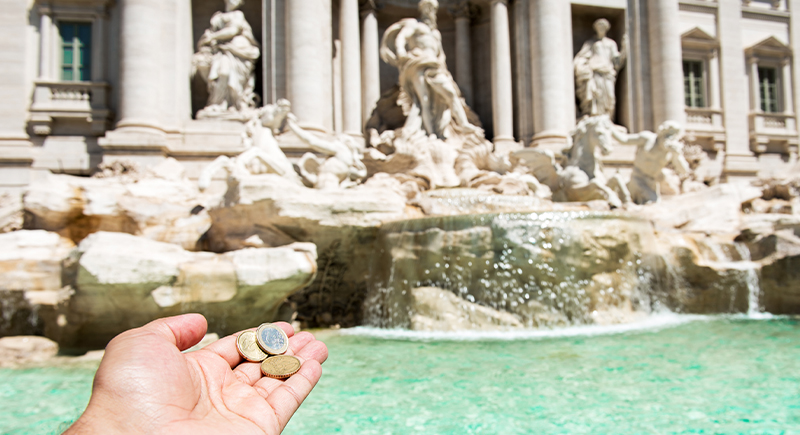
The Trevi Fountain has a tradition: toss one coin over your shoulder and you’ll return to Rome. However, some tourists take it too far by throwing in piles of change or filming over-the-top wish ceremonies. Remember, the coins go to charity. There’s no need to treat it like a Vegas slot machine.
Leaving Padlocks on Bridges or Fences
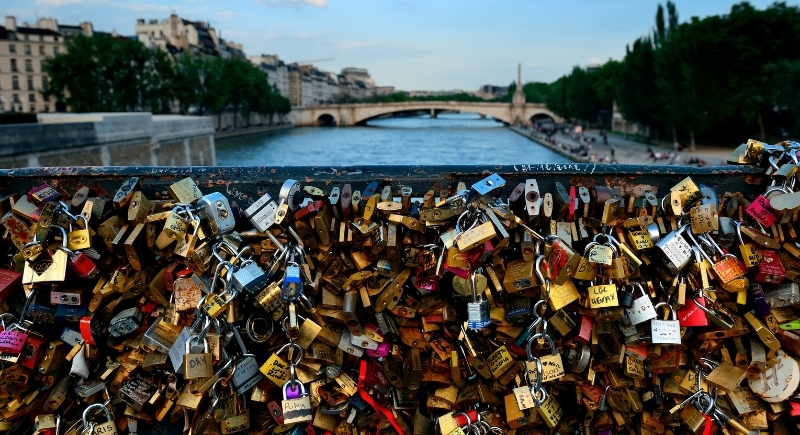
Attaching a padlock to a bridge might feel romantic, but to locals, it’s just another thing the city has to remove. The weight of hundreds of locks can damage railings and old structures. Cities like Florence and Rome have been cracking down, and cutting them off costs money and time.
Assuming Everyone Speaks English

Many Italians do speak English, but starting conversations in English without even attempting a “buongiorno” or “scusi” can rub people the wrong way. Locals appreciate when visitors try, even if it’s just the basics. A simple Italian greeting can open doors, literally and figuratively.
Complaining That Things Aren’t Like “Back Home”

Tourists sometimes express frustration about limited air conditioning or coffee sizes being smaller. What they don’t realize is that these aren’t flaws, but features of how things function in the region. Saying, “This would never happen where I’m from,” mostly tells locals that you came unprepared to enjoy Italy as it actually is.